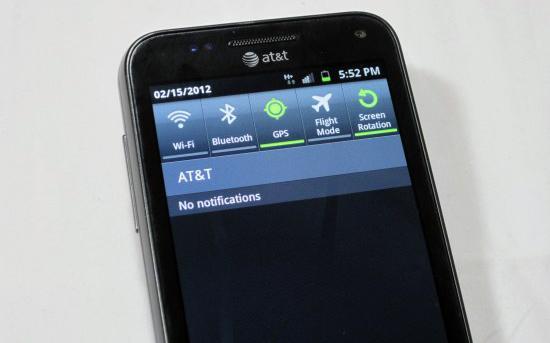
Buying smartphones without a contract has gained a tiny bit more traction with consumers in the past year or so thanks to things like T-Mobile's Un-carrier initiative and AT&T's Next program, but for the most part, consumers in the U.S. are accustomed to paying $200 or so price for a new handset because of carrier subsidies. AT&T CEO Randall Stephenson feels that that business model must change soon, because as more and more wireless users make the jump to a smartphone, the operators will have a difficult time keeping up with the subsidies.
Speaking a a recent investor conference, Stephenson explained that as smartphone adoption approaches 90 percent, carriers need to move away from the subsidy model because it will increasingly become too costly to keep up with. Instead, the operators need to focus on alternative buying methods like handset financing or providing customers with an incentive to keep their existing phones longer than the 18 or 24 month upgrade cycle that they're accustomed to. Stephenson went on to say that financing programs like AT&T Next will be "transformative" for the industry and help to drive smartphone penetration in a way that's much more sustainable.
Each of the four major carriers has been making moves toward different upgrade models in the past year or so: T-Mobile and AT&T both have their JUMP and Next programs, Verizon has Edge and Sprint's got One Up. AT&T also recently took the wraps off of its new Mobile Share Value plans, which reduce a customer's monthly rate once he or she is no longer enrolled in a contract. These moves show that the carriers are ready to start moving away from the subsidy model that they've been using for years to attract consumers to their first smartphone and begin trying to get users accustomed to financing or paying full price for new hardware. Here's to hoping that, as part of this effort, we continue to see the operators separate the cost of a subsidy and the cost of a plan and offer more discounted rates to customers that aren't enrolled in a contract.
Via CNET